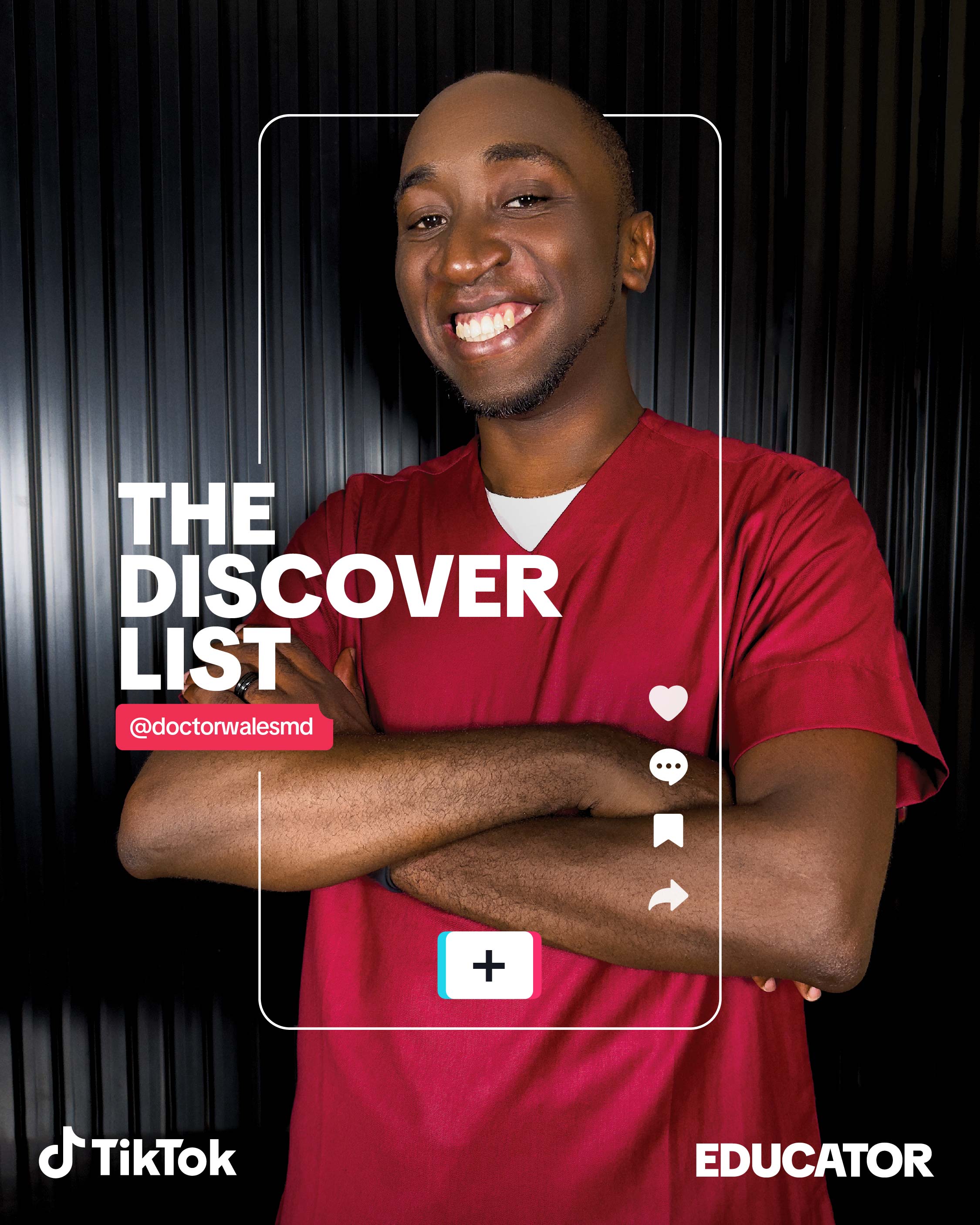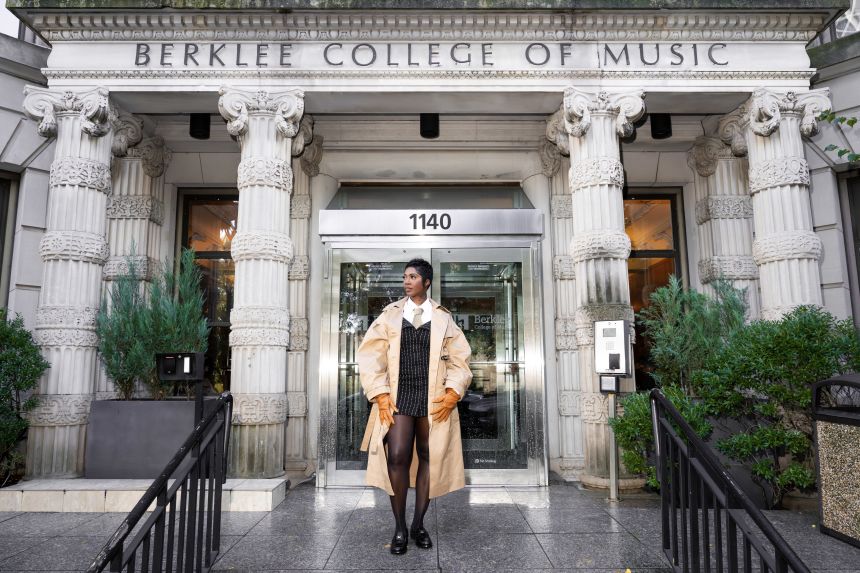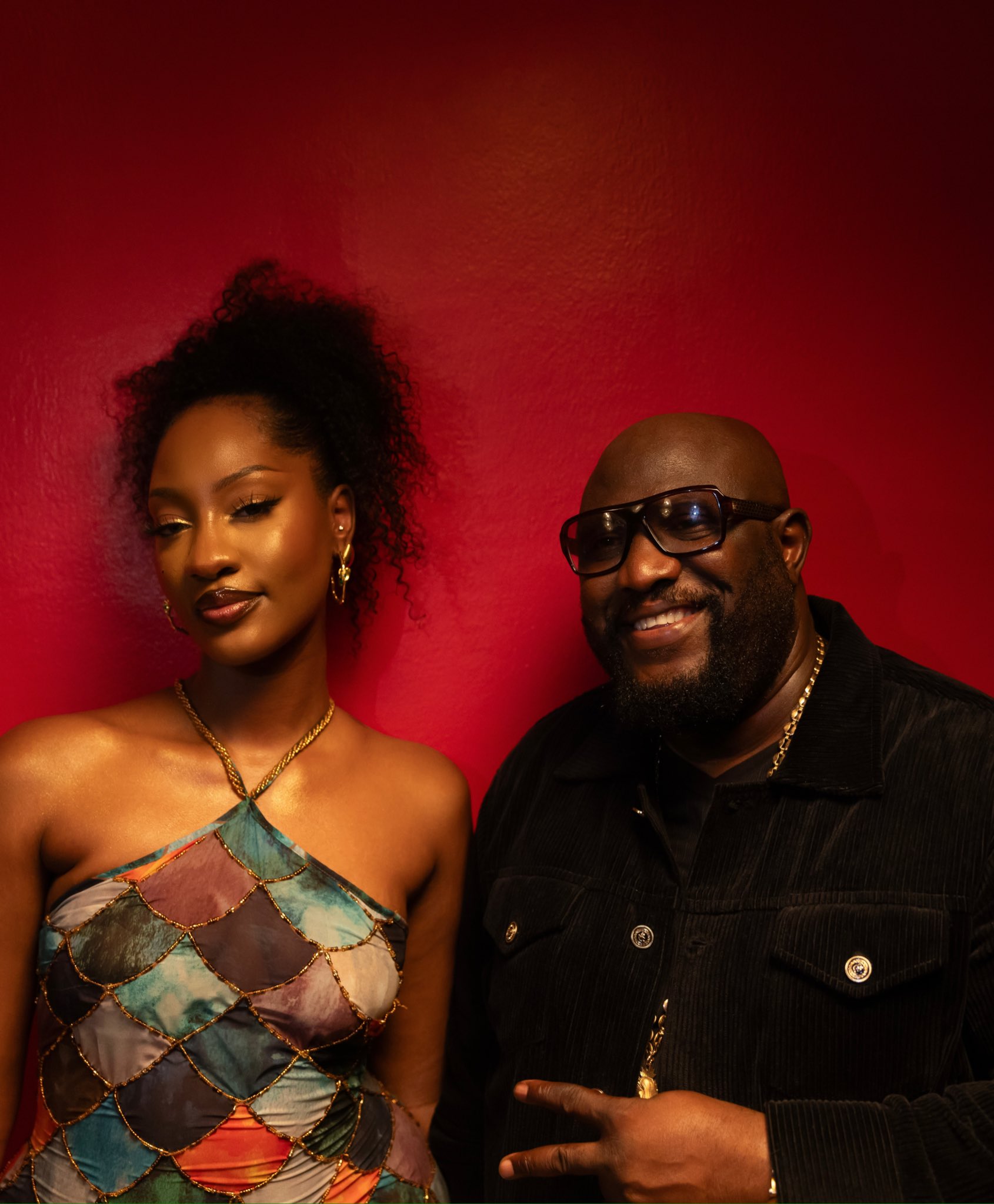Bomi Anifowose
On August 18, TikTok and X got its latest chew toy: a clip of rising artist Mavoswago sitting awkwardly across from an unseen interviewer, fumbling to explain some of the lyrics behind his breakout single, “Escaladizzy” on the N3XT Door Tv Youtube Show.
What should have been a breezy moment of contextualizing artistry instead spiraled into stammers, blank stares, and nervous chuckles. Within hours, the clip had been memeified, stitched, and ridiculed, as users gleefully poked fun at the rapper who could not seem to explain his own creation.
But beneath the surface level mockery lies something more troubling: an industry wide neglect of media training.
In Nigeria’s music ecosystem, artists are groomed to dominate stages and streaming charts, but almost never prepared for the gauntlet of interviews, soundbites, and press appearances that actually sustain public image. Mavo’s awkward stumble was not just about a lyric. It was a mirror held up to an industry that treats communication as an afterthought.
Media training, at its core, is not about teaching artists to speak like politicians. It is about arming them with the tools to articulate their vision, contextualize their art, and handle the press with composure. In the absence of this, interviews become landmines. One clumsy answer, one nervous fumble, and suddenly the audience is not listening to the music. They are laughing at the artist.
It is easy to dismiss the viral clip as “one of those things.” Artists mess up interviews all the time, right? But in an era where virality defines reputations, the cost of fumbling is much higher. Nigerian music is no longer confined to Lagos clubs or Abuja airwaves. It is a global export. That means every slip, every incoherent answer, every defensive clapback, is not just a personal embarrassment but a collective brand crisis.
Think about it. Wizkid’s subtle, media trained silence makes him mythic. Burna Boy’s swaggering confidence, whether or not you agree with his takes, is carefully controlled storytelling. Tiwa Savage, when asked about controversy, navigates with poise that keeps the spotlight where it belongs: on the music. These are not accidents. They are, in part, the results of preparation.
Mavo’s clip is proof of what happens when the new wave is left to wing it. Artists who can freestyle for minutes on end suddenly find themselves tongue tied in front of a mic that is not attached to a studio booth. And audiences, conditioned to consume spectacle, are unforgiving.
The tragedy here is not Mavo’s stumble. It is the reality that young Nigerian acts are being thrown into a global spotlight without the armour of communication skills. If Nigerian music wants to continue its meteoric rise, media training cannot be optional. It must be baked into the artist development pipeline. Labels, managers, and PR handlers need to realize that in 2025, an interview is not just a press exercise. It is a stage, and the world is watching.
Mavo gave us a viral laugh. But what he really unboxed was an urgent truth: Nigerian music is fumbling media training, and the consequences are bigger than one awkward interview.




